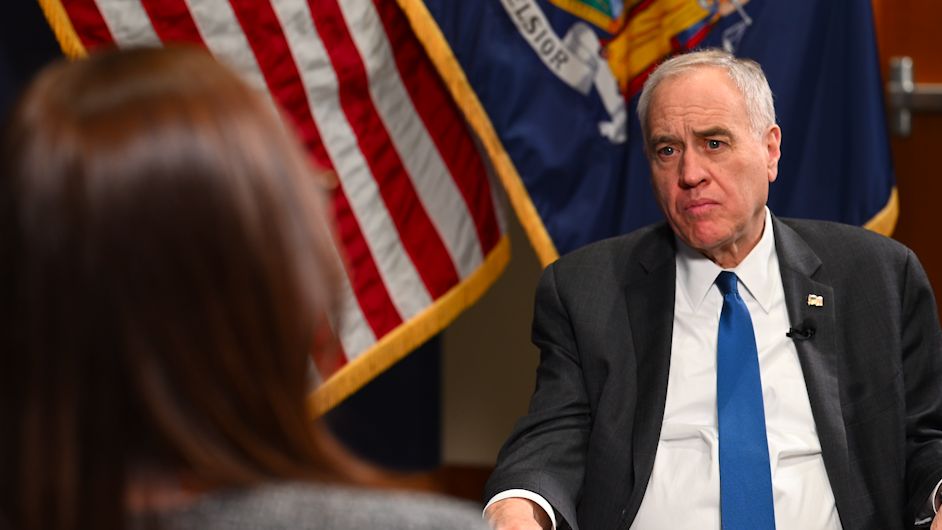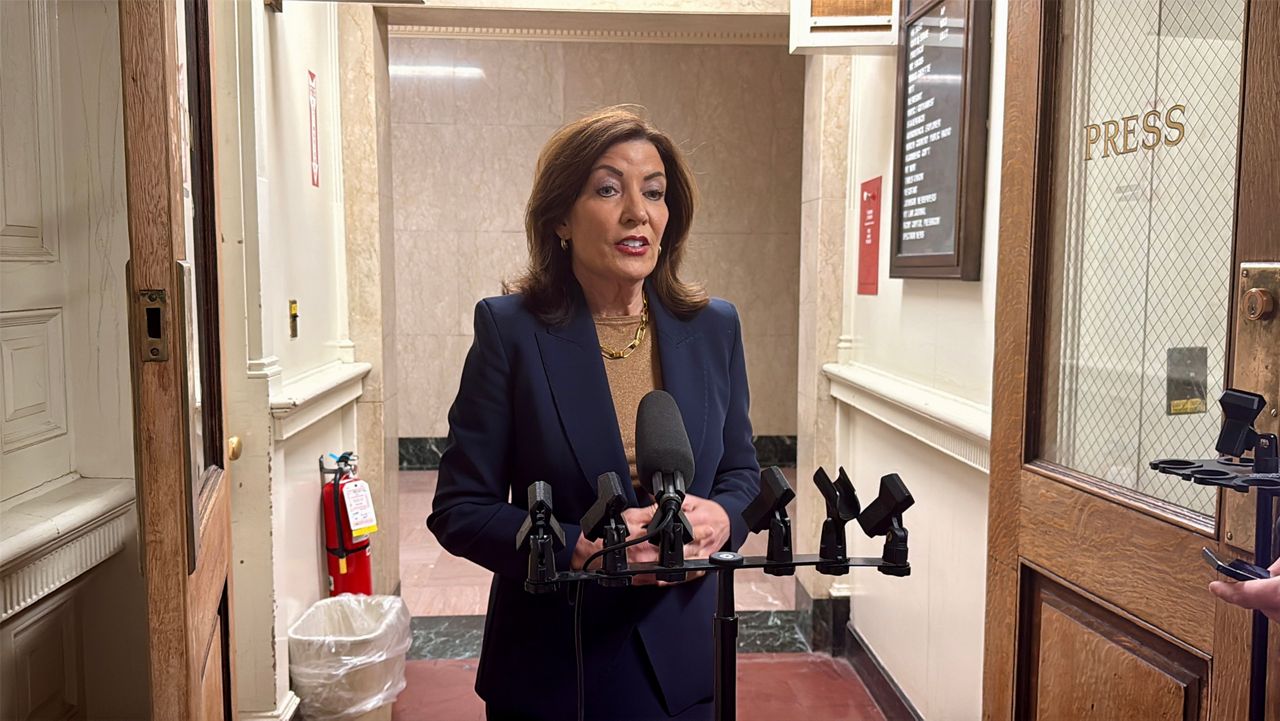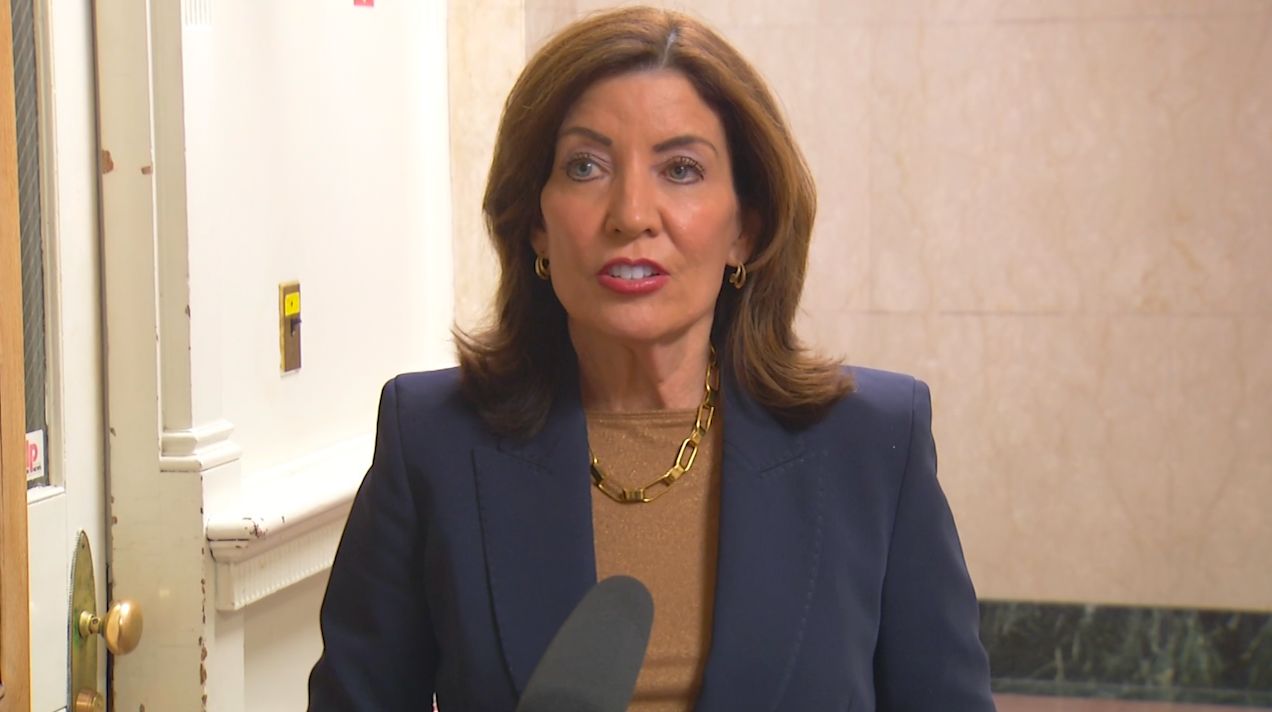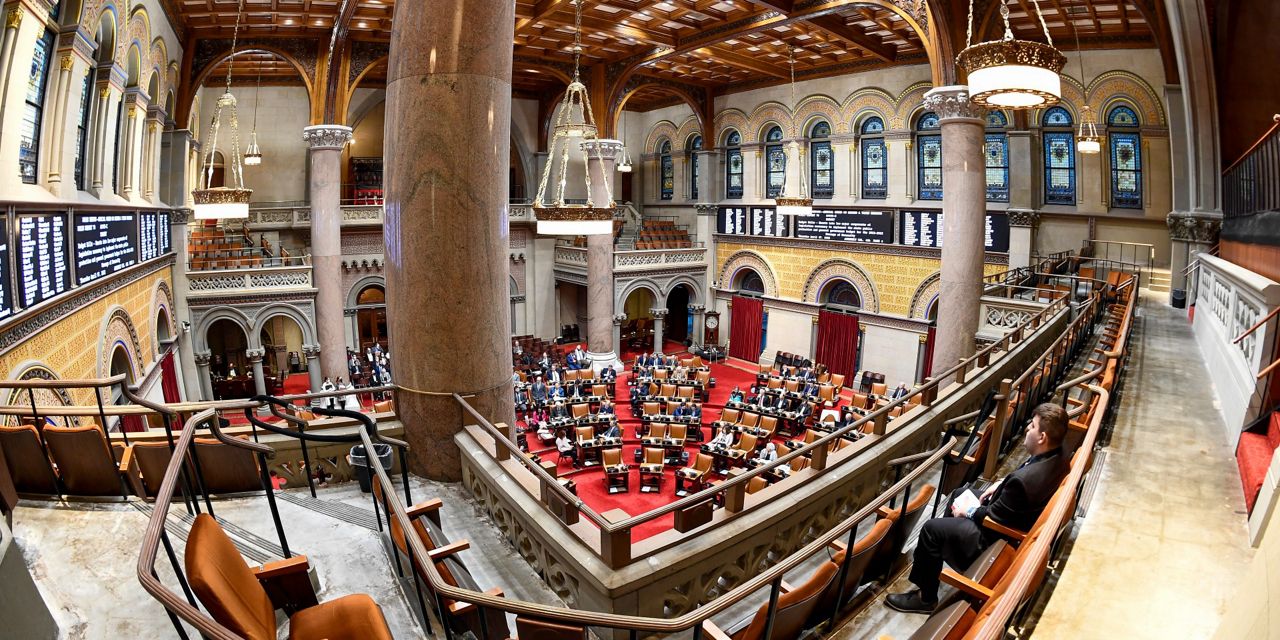AARP and more than 200 other organizations are pushing Gov. Kathy Hochul to double the state’s aging budget, requesting an additional $250.25 million. They say such an increase goes along with New York's 65-and-older population increasing by 21% between 2011 and 2021.
Advocates say priotitizing the funding of programs designed to allow New Yorkers to age at home is the right thing to do, but it will also save the state significantly in the end in Medicaid spending.
“Most older New Yorkers want to remain in their homes in communities, and not have to go to skilled nursing or assisted living facilities,” said Becky Preve, executive director of the Association on Aging in New York.
She said in order for older New Yorkers to remain in their homes, they need the programs that aging services can provide.
“Home-delivered meals, case management, which are very comprehensive services, benefits-counseling, personal care, home-attendant services transportation services, so really a community-based infrastructure,” she said.
She said that for many New Yorkers, accessing the care they need results in spending down to the level required to meet Medicaid standards for care that she says may be less desirable to them.
Part of the reason, she said, is that the alternative programs are underfunded.
“We have over 18,000 service lines that are waitlisted in the state of New York, and it grows every single day,” she said.
Preve says that over seven years, expenses for individuals using these programs average less than $10,000 per year, while the state pays about $140,000 for individuals on Medicaid.
Assemblyman Ron Kim, who leads the Assembly Committee on Aging, said while increasing the aging budget costs the state money up front, the state’s spending on Medicaid is unsustainable.
“For every dollar that we invest in the SOFA programs, we save almost $8 dollars on the backend in Medicaid savings,” he said.
Sen. Cordell Cleare, who leads the Senate Committee on Aging, also signed the proposal, saying if the aging population and demand for services is increasing, the budget for aging services should increase along with it.
"I am honored to join the hundreds of organizations who dutifully serve our seniors in calling for an aging budget that is fair, equitable and most importantly, reflective of the needs of our older New Yorkers,” she said.
When asked about her plans last month, Hochul declined to give specifics while emphasizing her commitment to investing in older New Yorkers and citing recent progress under her leadership.
“We’re investing in all levels of aging,” she said. “We’ll continue making those investments. We gave home health aids a pay increase, we make sure nursing homes have the workers they need by helping to bring more money to those entities.”
Preve emphasizes the need to focus on changes that will deliver long-term results.
“We have the infrastructure that we know works, and we need to fund that infrastructure moving forward to ensure people are able to age with dignity, autonomy and respect, which is what everyone wants,” she said.










